Many pool owners enjoy the benefits of saltwater pools, but one question often arises is whether a saltwater pool will freeze during cold winter. The answer is simple: Yes, saltwater pools can freeze.
Although salt water has a lower freezing point than regular chlorinated water, the water in a saltwater pool will still freeze if the temperature drops low enough.
The freezing point of a saltwater pool is around 28°F, while a regular chlorinated pool will freeze at approximately 32°F. A saltwater pool’s salinity level directly impacts its freezing point—the higher the salinity, the lower the freezing point.
Pool owners must understand how freezing temperatures can affect their saltwater pool equipment and take appropriate measures to prevent damage during the winter months.
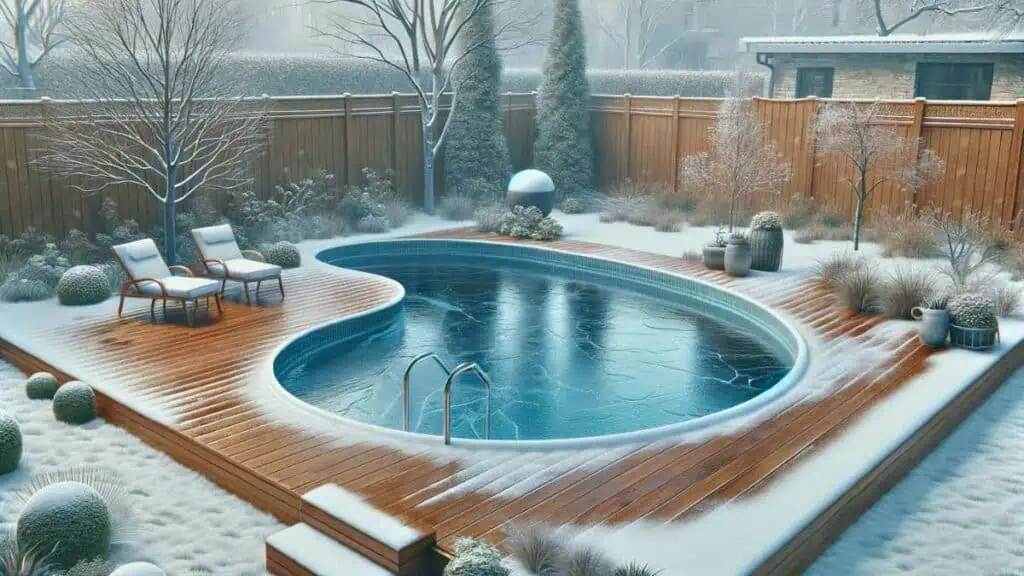
Key Takeaways
- Salt water pools can freeze when temperatures drop below 28°F
- The freezing point of a pool is affected by its salinity level
- Proper precautionary measures are necessary to protect pool equipment during cold weather
What Is the Freezing Temperature of Saltwater in a Pool?
During the colder months, it is essential to understand how cold temperatures affect your saltwater pool. Low water temperatures can significantly impact your pool’s functionality and overall health.
Saltwater pools generally have a lower freezing point than regular chlorinated pools. The freezing point for a saltwater pool is typically around 28°F, whereas a regular chlorinated pool will freeze at around 32°F. Despite this difference, saltwater pools can still freeze when exposed to freezing temperatures for an extended period.
During winter, it is crucial to take preventive measures against potential freezing, which could lead to costly freeze damage. One effective preventative measure is to keep your pool pump running continuously when temperatures drop below freezing. This helps maintain water circulation and lowers the risk of a frozen pool.
What Temperature Does a Salt Cell Stop Working?
Cold water temperatures could affect the functionality of salt generators as water temperatures decline below 60°F, salt chlorinator systems automatically slow chlorine production.
When the water temperature reaches around 50°F, chlorine production shuts off completely. Consequently, you may need to resort to traditional chlorination methods during the cold months to maintain the required chlorine levels in your pool.
The Impact of Salinity Level on Freezing
The salt levels in a saltwater pool are typically around one-tenth of those found in ocean water, which rarely freezes. This lower salt concentration affects the freezing point of the water, causing saltwater pools to freeze at a slightly lower temperature than regular chlorinated pools.
On average, a saltwater pool will freeze at around 28°F (-2°C), while a regular chlorinated pool will start to freeze at 32°F (0°C). Despite this difference in freezing points, it’s essential to take preventative measures to protect your saltwater pool in freezing temperatures.
Some steps you can take to avoid damage to your pool and equipment when the temperature drops include:
- Drain the water below the skimmer: This helps prevent damage to the skimmer and plumbing lines due to ice formation.
- Blow out any lines: Use a high-powered air compressor to remove any remaining water from the pool’s plumbing lines, preventing water from freezing and causing damage to equipment.
- Cover your pool: A winter pool cover can help protect your pool from debris and reduce water evaporation, lowering the risk of damage due to freezing.
By considering the impact of salinity levels on the freezing point and taking necessary precautions, you can help maintain the integrity of your saltwater pool even in freezing temperatures.
The Effect of Freezing on Pool Equipment
When temperatures drop below freezing, the water in your saltwater pool can freeze, leading to costly freeze damage. This can impact various components of your pool equipment, such as the salt cell, salt generator, pool pump, pool filter, and saltwater system.
Frozen water in your pool can cause cracked salt cells, which are responsible for converting salt into chlorine. This can lead to a less effective saltwater system and hinder your pool’s overall function. To avoid this, consistently monitor and maintain your salt cell throughout the colder months.
Your pool pump is also at risk in freezing conditions, especially if it’s not running continuously. A frozen and damaged pool pump can lead to circulation issues in your pool system, causing significant problems down the line. Keeping your pool pump running continuously while the temperature is below freezing is essential. A variable-speed pump may also be more energy-efficient and provide better protection against freezing temperatures.
Similarly, your pool filter can suffer damage if water within it freezes. Frozen water expands, causing cracks and damage to the filter and return fittings. A damaged filter will directly impact your pool’s cleanliness and may even cause problems for other components in the pool system.
Return lines in your pool system can also be affected by freezing water. As water freezes and expands, it can cause the return lines to crack and compromise the water flow throughout your pool system. Properly insulating these lines to minimize the risk of damage during freezing temperatures is essential.
Lastly, your pool liner is also susceptible to damage. If water freezes within your pool, it expands against the liner, potentially causing leaks and structural issues. This is especially concerning if you have a vinyl or fiberglass pool, as these materials can be more prone to cracking or puncturing due to expansion.
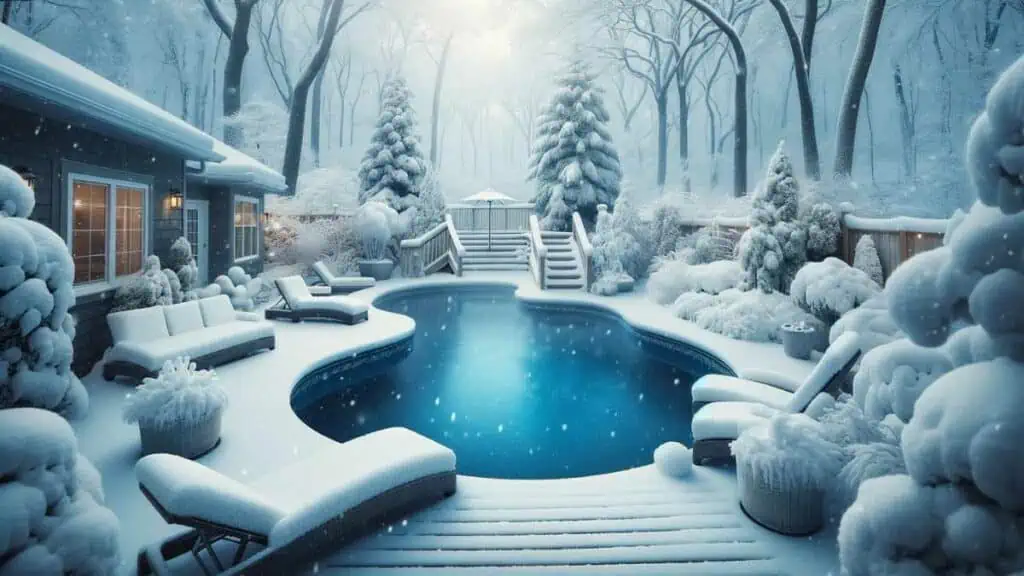
Preventing Salt Water Pool Freeze in Winter Months
To protect your saltwater pool during winter, take several precautions to prevent freezing and avoid potential damage. One crucial step is proper pool closing, achieved by following the guidelines outlined below.
Begin by cleaning your pool thoroughly. Remove debris with a skimmer net, scrub the pool walls using a nylon pool brush, and clean the filter. After vacuuming the pool and running the filtration system for an hour, close the pool. A cleaner pool in winter ensures a cleaner pool come spring.
Next, use air pillows to create a buffer in your pool that absorbs ice expansion during freezing temperatures. This reduces the pressure exerted on the pool walls. Inflate the air pillows and place them evenly across the pool surface.
Before temperatures drop, it’s essential to adjust your pool’s chemical levels. Test the water and balance the pH, alkalinity, and calcium hardness. Using pool antifreeze in the pipelines and equipment is another smart move to safeguard your investment from harsh weather.
Drain plugs also play a pivotal role in winterizing your pool. Remove all the drain plugs from the pool equipment, including the pool pump, filter, and heater. Doing so prevents water from freezing inside the equipment, which may cause severe damage.
Finally, cover your pool using either a solid pool cover or a mesh cover. A good-quality pool cover helps to keep out debris, reduce evaporation, and maintain the water’s chemical balance. Mesh covers are especially beneficial, allowing rainwater and melting snow to seep through while keeping out debris. Secure the cover tightly around the pool, ensuring no gaps.
Read: Closing an inground pool for winter which also applies to salt water pools
Salt Water Pool Maintenance in Cold Weather
As you maintain your saltwater pool during cold weather, it’s important to understand the role of your saltwater chlorinator and the effects of lower temperatures on its function. When water temperatures drop to 60 degrees or below, salt generators typically shut down, preventing the salt cell from ionizing the salt and converting it to chlorine. With water temperatures around 50°F, chlorine production usually ceases completely.
Keeping your pool’s water chemistry balanced is essential for its longevity, even during colder months. Monitor the following chemical levels to ensure optimal water conditions:
- Chlorine levels: Free chlorine levels should be between 1 and 3 ppm. Although saltwater chlorinator production may slow down or stop during cold temperatures, you may need to use a floating chlorinator with chlorine tablets as an alternative source for maintaining proper chlorine levels.
- Salt levels: Depending on your chlorine generator, salt levels should be 2700 to 3400 ppm. If your levels deviate, adjust them as needed. Remember that saltwater pools have a lower salt level than ocean water.
- Total alkalinity: Aim for a total alkalinity level of 80-120 ppm to prevent scaling and maintain the overall balance of your pool’s water chemistry.
- Calcium hardness: To prevent scaling and cloudiness, maintain calcium hardness levels between 200 and 400 ppm.
Regular checks are crucial during cold weather to ensure your pool’s water chemistry remains balanced and your salt system functions properly. Take the time to clean your chlorine generator, inspect it for damage, and replace any worn parts. This maintenance helps keep your salt system running smoothly and may prolong its life.

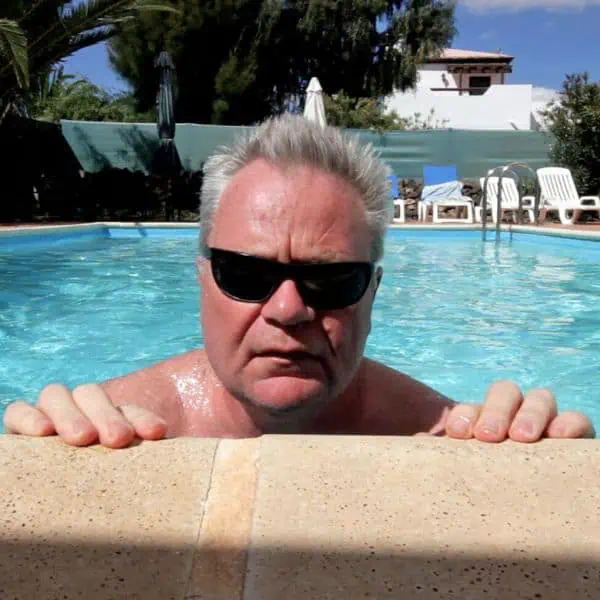
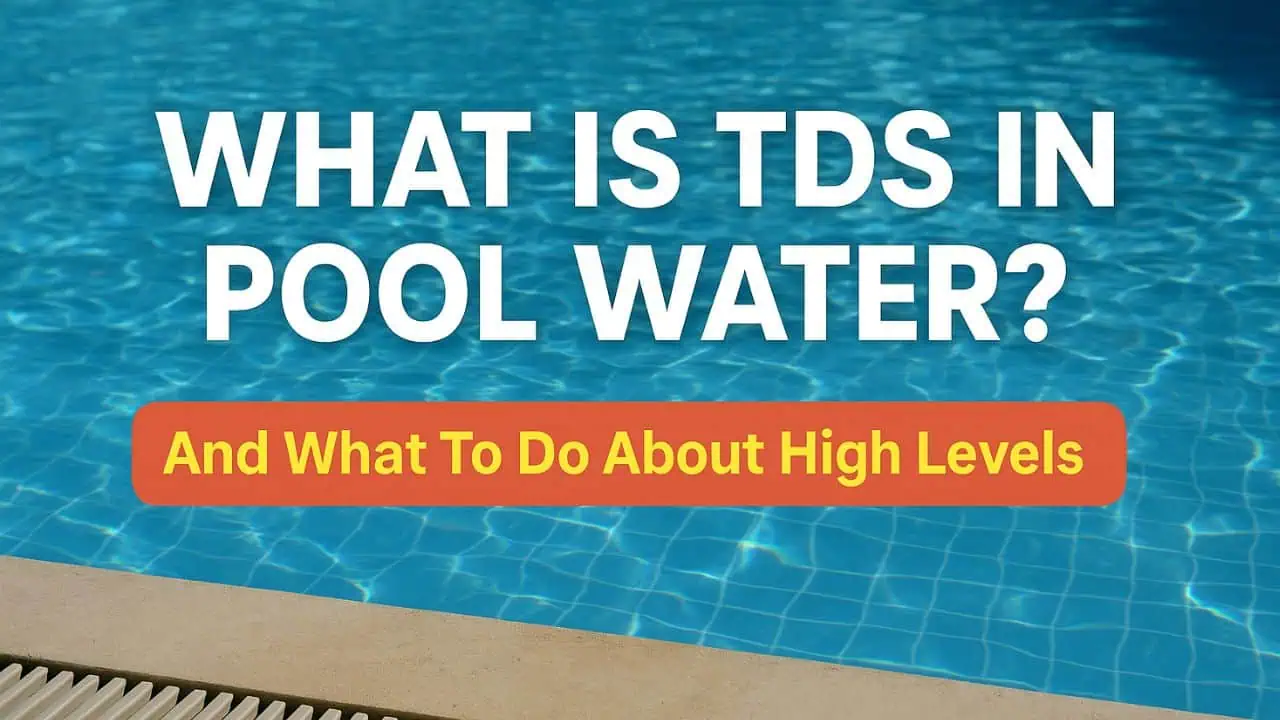
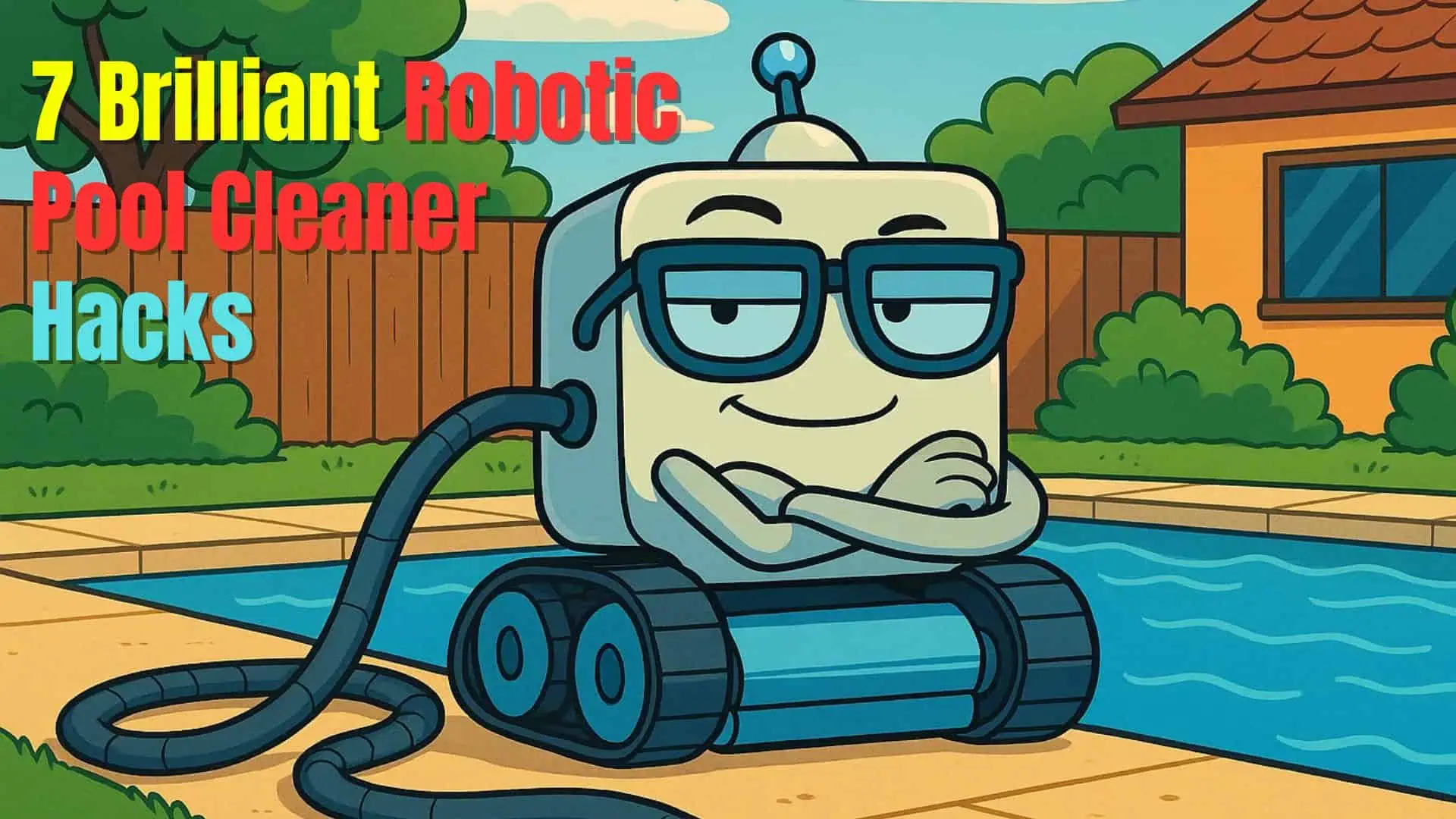
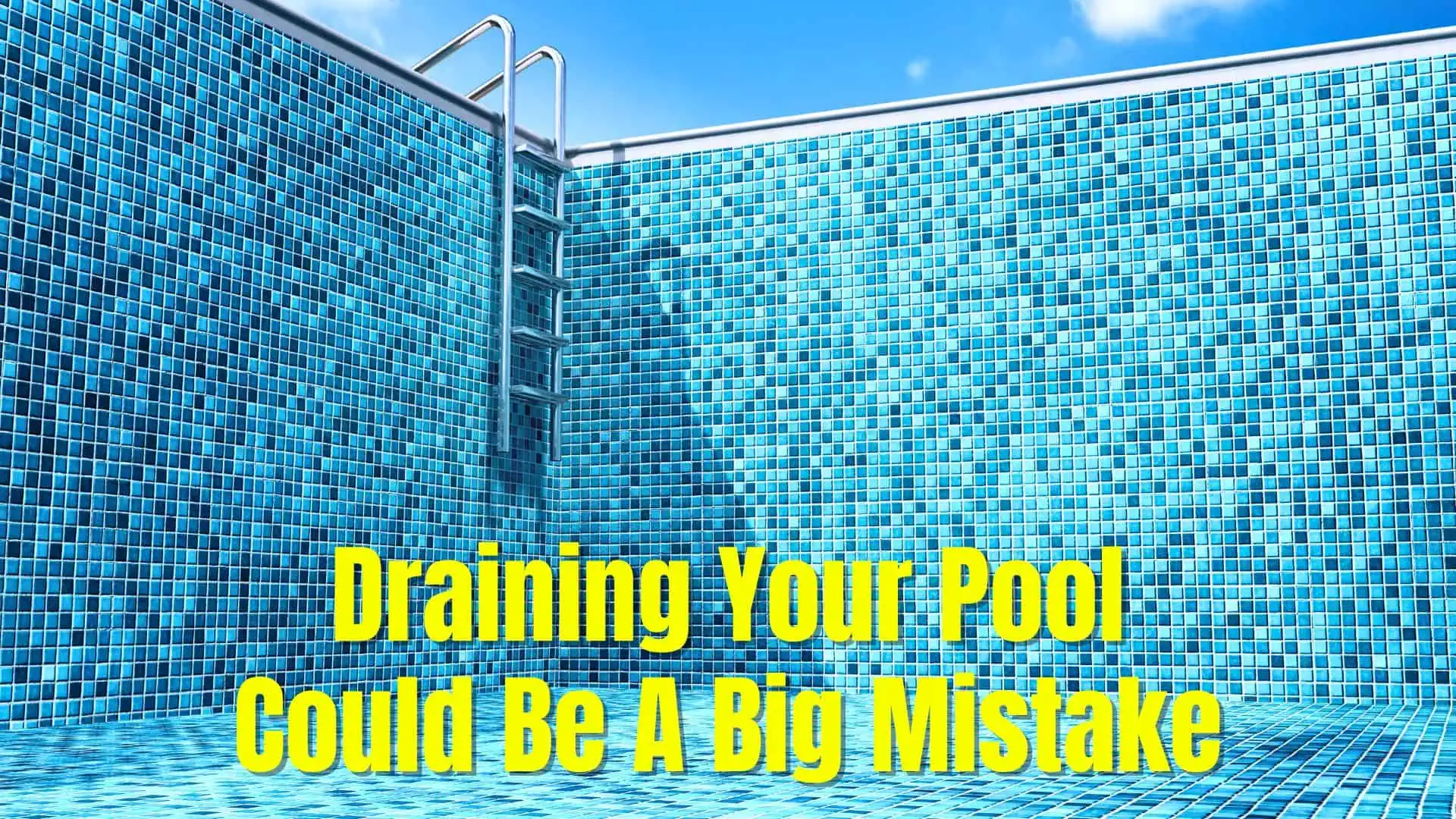
Leave a Reply